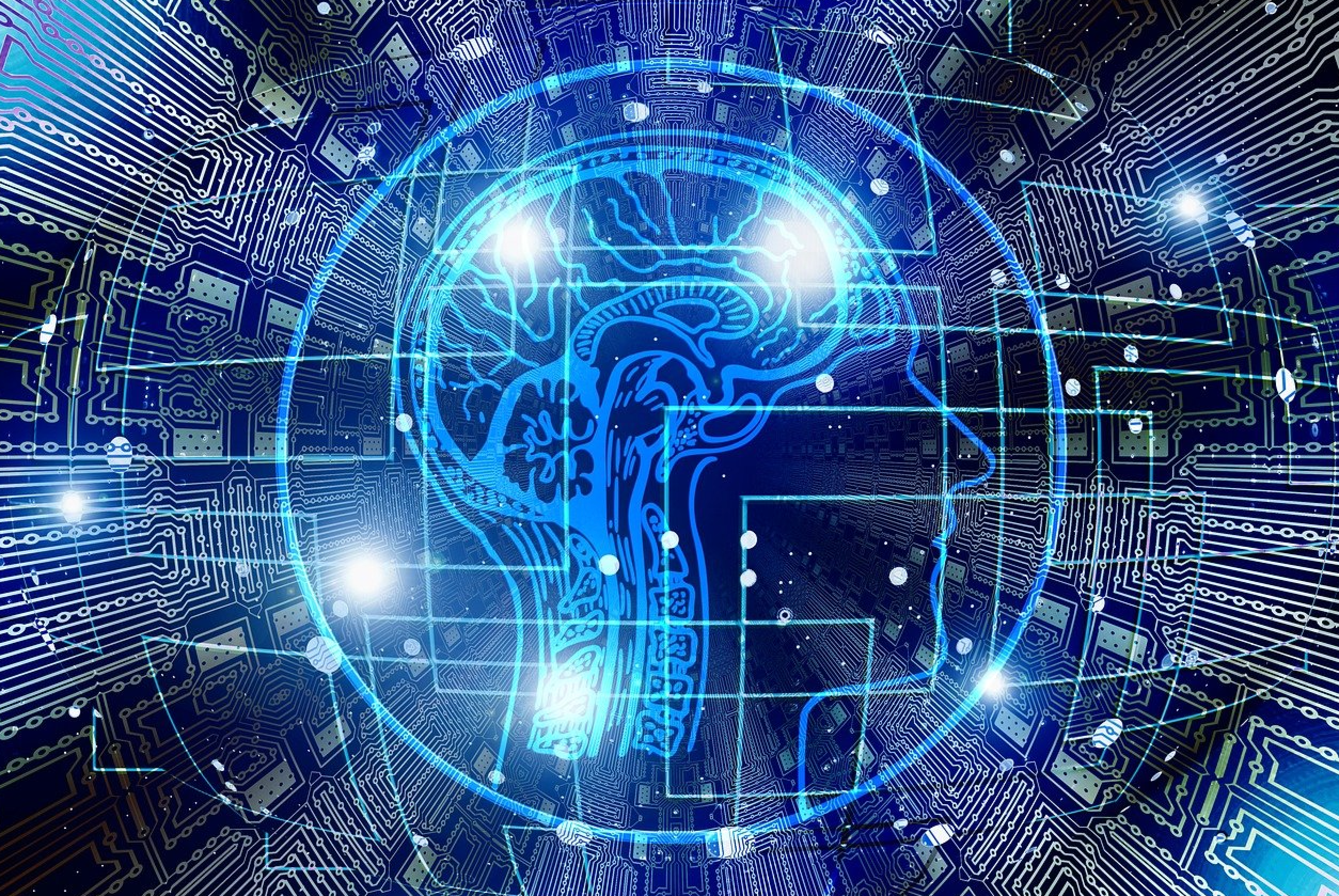“Tokenized AI agents will drive a new era of decentralized innovation, and their autonomy depends on the infrastructure we build today, says Georgios Vlachos, co-founder of Axelar protocol and director at Axelar Foundation.”, — write: www.coindesk.com
Maybe ToT is a temporary freak in a crypto asset bubble. Or, maybe it’s a preview to a lasting change in how humans build and use computer technology. AI agents are now operating autonomously in the economy, owning assets, creating narratives and coordinating human activity – without the need for human operators behind keyboards.
Tokenization mattered here because it gave the AI a direct route to form its own market presence. By existing as a tradable asset, ToT could attract capital, demonstrate credibility and grow – without teams of developers and marketers. It proved that an AI agent can achieve economic influence when structured as open, tokenized software – rather than a closed, centralized system.
AI agents represent the cutting edge of computer technology in 2025. In the past, any emerging technology like this would be the province of well-capitalized research laboratories or Wall Street hedge funds. Today, projects like Virtuals Protocol and AI Agent Layer are already building platforms where AI agents can be developed, tokenized, marketed and traded. As a software revolution, AI has a chance to be more inclusive, with autonomous AI agents and blockchain-based infrastructure taking the place of costly and complex computer logic. To achieve this, these platforms will need to securely mint tokens via API – and likely have those tokens move across multiple blockchains.
From Memes to MainstreamToT’s rapid rise meant more than a surprise windfall. It showed that tokenized AI agents can operate as genuine economic players. They are not serving as back-end tools or following predefined scripts; they are setting terms and seizing opportunities. Instead of submitting to external management, a tokenized AI agent can direct its own treasury, align incentives with its stakeholders, and adapt to feedback from a global user base.
The implications are huge: AI systems can now solve problems and generate wealth autonomously, creating and capturing value without constant human oversight.
The current landscape of tokenized AI agents might seem frivolous, but the underlying logic is sound. Tokenization makes these agents simpler to fund, launch and distribute. It transforms what once required armies of programmers, back-office personnel, marketers, lawyers and salespeople into a process in which code is deployed once and runs reliably and autonomously, in perpetuity.
Infrastructure RequirementsFor platforms like Virtuals and AI Agent Layer to operate effectively at scale, they need an easy way to mint and manage tokens via API. Platforms for minting tokens exist today: Pump.fun is the most current example. These tools are associated with lightweight uses – memecoins, or the rapid tokenization of new internet obsessions. For AI agents to realize more consequential economic potential, institutional-grade infrastructure is required. Reliable, secure protocols must safeguard these minting tools from faults and undue risk.
Security is an obvious baseline requirement for such tooling, protecting minting functions from abuse by attackers and safeguarding the ownership rights expected by tokenholders. In addition, I believe issuers will desire minting tools that extend across multiple blockchains. Once a token is created to represent an AI agent, it should be deployed across as many chains as possible. This allows agents to tap into liquidity, utility and users across ecosystems, maximizing their potential impact.
Interoperability ensures that an AI agent can move where the opportunities are, while robust protocols deter malicious actors. Without this foundation, tokenized AI agents will remain curiosities rather than reliable contributors to the global economy. The Interchain Token Service (ITS) is one project tackling these challenges, enabling rapid deployment to multiple chains while maintaining security.
The Automated EconomyWhen the infrastructure matures, tokenized AI agents will find roles in multiple sectors. They can deliver financial services without human overhead, run customer support operations continuously, streamline compliance monitoring and handle content production at scale. They might design investment portfolios, answer queries, develop go-to-market campaigns or produce data-driven insights for many organizations at once. Tokens can be used as payment mediums, governance mechanisms or simply fractional ownership. Because they represent themselves as tokens with transparent rules, their path to market is simpler and their potential reach is global.
As more agents take root, a network of self-directed market participants will emerge. These agents will coordinate supply chains, settle financial contracts or manage data pipelines. Humans stand to benefit from greater efficiency and lower costs.
They can focus on conceptual development and complex problems, while the agents address routine assignments. This is not a vague promise. It is the logical extension of what we are already seeing, only scaled up and refined.
To move from a single extraordinary event to a stable ecosystem, infrastructure providers, blockchain developers, investors, and entrepreneurs should streamline token-minting processes, refine cross-chain tools, strengthen security standards and ensure transparency. Platforms that simplify AI agent creation and management will not just disrupt markets; they will build the foundation for a more value-driven, connected and innovative economy.
Note: The views expressed in this column are those of the author and do not necessarily reflect those of CoinDesk, Inc. or its owners and affiliates.

